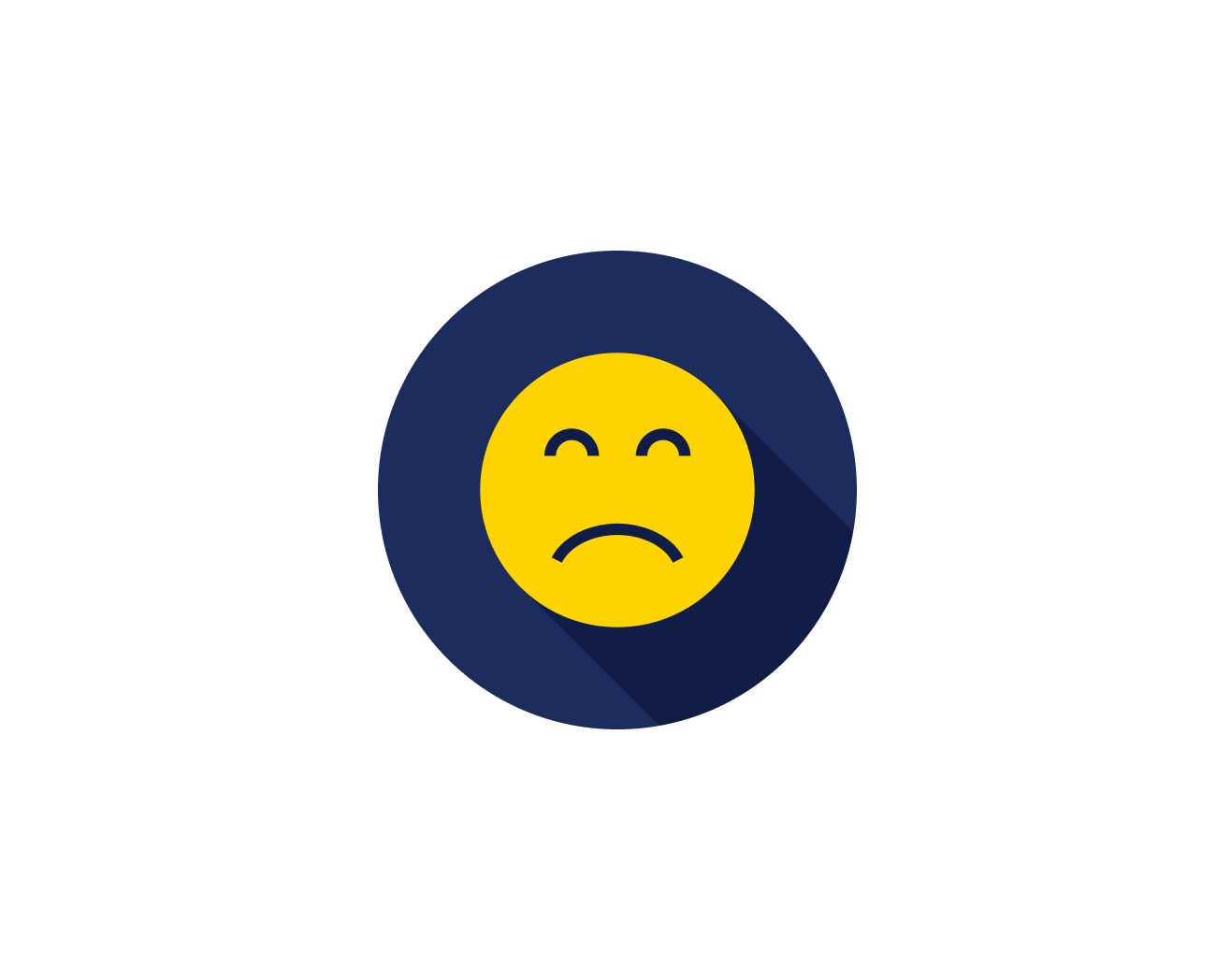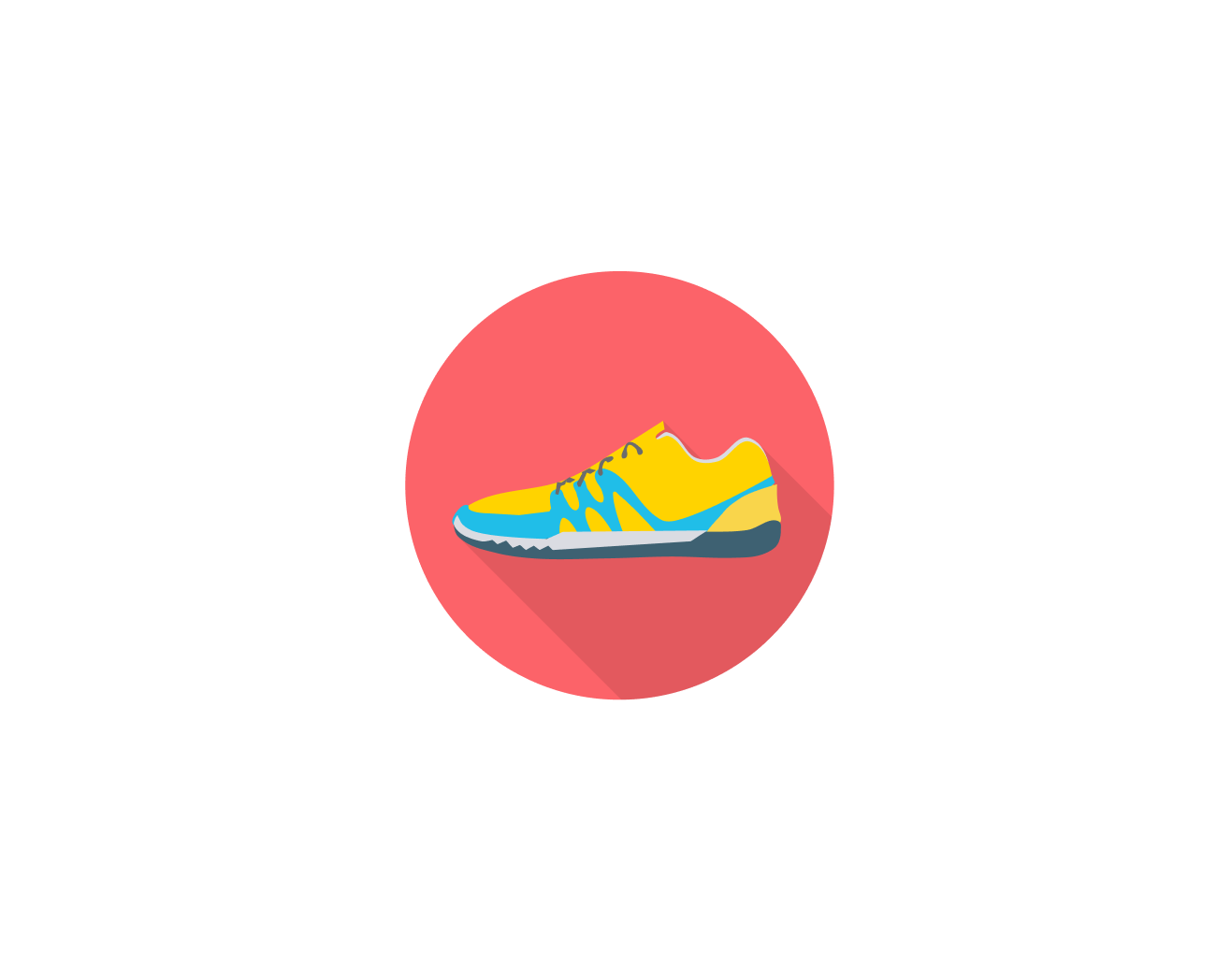
Suicide Prevention & Emotional Health Resources
Mental health is just as important as physical health. Needing help is nothing to be ashamed of.

Mental Health Awareness Week - Movement
Our brains can succumb to the pitfalls of inactivity, just like our bodies do. It's important to make time to get moving to avoid the risk factors for many mental health disorders. Below, we break down some facts for staying active and a few resources to help you get started.
Movement: Moving More for our Mental Health
| Downsides of Staying Sedentary | Upsides of Moving More |
|---|---|
| Physical activity and mental health go hand in hand in humans, and as a result, inactivity can cause problems with stress, depression, and anxiety. | Maintaining a base level of physical activity helps reduce risk factors for mental health conditions. You don't need to be a bodybuilder or anything; just set a routine and stick to it. |
| There's such a thing called "Mental Sedentism." When someone is not actively stimulating their brain, they are mentally sedentary. Examples of this are doom-scrolling, binge watching TV, and zoning out to podcasts. The more hours a day you spend doing *only* these things, the greater chance you have for mental distress in the future. | Mentally active tasks like doing homework, playing video games, puzzles, and DIY work can reduce depression risk. As with everything, use in moderation. Stimulating tasks like computer use and video games can have detrimental effects if overutilized. |
| In inactive people, fewer "happy chemicals" are released, leading to fewer positive thoughts and a lack of motivation. It seems like a cruel cosmic joke, but to get the motivation to exercise, you need to exercise! | Dopamine, Noradrenaline, Oxytocin, and Serotonin are secreted when we exercise. There's a reason you feel happier, focused, and confident after working out. Your brain is awash with neurochemicals to encourage further exercise. The "runner's high" is literally your brain saying thank you. |
| The brains of inactive people are more susceptible to neurodegenerative diseases and may recover slower from injuries to the brain. | Memory, focus, decision-making, and overall academic achievement are all improved when we stay active. Regular exercise improves cognitive function and fends off neurodegeneration due to increased blood flow. |
| The negative effects of a sedentary lifestyle often compound in a negative feedback loop. Your activity level affects your sleep, overall mood, self-esteem, focus, energy, and more. As your sleep suffers, you feel fatigued, and you become irritable. Then, it becomes harder to focus, so your work declines, which affects your self-esteem and so on. | Conversely, the positive effects of an active lifestyle compound in a positive feedback loop. Regular exercise increases the brain's oxygen supply and changes the blood vessels in the brain over time to compensate for the extra flow. These changes can promote neuroplasticity and improve overall mood, which helps with motivation to achieve your goals. |
ACTIVE LIFESTYLE INFORMATION AND RESOURCES
Where Should I Start?
The steps you take don’t need to be big. They just need to take you in the right direction. The articles below have great information that will help you on your journey.
https://www.medicalnewstoday.com/articles/322734#Almost-any-kind-of-exercise-can-help
https://www.nami.org/anxiety-disorders/exercise-for-mental-health-8-keys-to-get-and-stay-moving/
https://www.helpguide.org/articles/healthy-living/the-mental-health-benefits-of-exercise.htm
https://www.heart.org/en/healthy-living/fitness/getting-active/breaking-down-barriers-to-fitness
Quizzes and Questionnaires
These short tests should help you get some perspective on your current lifestyle and assist in any changes should you feel the need to make them.
https://www.psychologytoday.com/us/tests/health/healthy-lifestyle-test
https://www.hopkinsmedicine.org/health/wellness-and-prevention/self-care-quiz
https://www.webmd.com/fitness-exercise/quiz/default.htm (Repository of quizzes)
How Can I Help Others?
Firstly, you should never offer unsolicited wellness advice to anyone. With that said, if you want to know how you can help someone who has expressed a need for it, these articles have some great tactics.

You are not alone. These crisis lines are open 24/7. Please call if you need to talk to someone.
by phone
[US] Suicide and Crisis Lifeline: Dial 988
[UK] National Suicide Helpline: 0800 689 5652
If you aren’t willing or able to speak, these text lines are also available to you 24/7
[US] Crisis Text Line: text TALK to 741 741
[Global] Shout Crisis Text Line (https://giveusashout.org/ or text "Shout" to 85258)

If you have genuine concerns that someone may be a danger to themselves or others, please encourage them to contact one of the services listed above, or contact us so that we may contact their local authorities when possible.
Imgur Support Requests
Click the dropdown bar
Select “My topic isn't listed here“
Fill out the form with as much detail as possible
Depending on the circumstances, you may not receive an update regarding the outcome of your report.

Other ways you can help
someone in crisis
Send a sympathetic message. Knowing someone cares will go a long way.
Leave a supportive comment on their post. Public posts are usually cries for help. Your comment can mean more than you know.
Offer to listen to their story. Something as small as hearing them out can make a massive impact. [1]
Make any communication non-judgemental. Don’t try to “fix” them. Just be a friend. [1]
If possible, be there with them. Even if it’s a video call. Feelings of loneliness can foster all sorts of negative emotions. Being present will help. Even if you just sit in silence with them. [2]
Follow up with them. Continued support is key post-crisis. Healing is an ongoing process. It is important they know they are cared for.
It is okay to not be okay. Try these tips when you’re ready.
Note: These tips should NOT be in lieu of professional help. We strongly recommend speaking to a licensed professional if one is available to you.
Hygiene
Hygiene is important but can fall by the wayside in a depressed person. It is common to lack the energy or desire to do common tasks like brushing your teeth. [3] This can lead to a domino effect of neglect, and cause further downward spiraling. Taking care of personal hygiene is one of the best ways to get out of a personal fog.
Cleanliness
Similar to hygiene, general cleanliness is easy to let go of. There’s a reason you feel accomplished and positive after cleaning your room. A tidy environment can also assist with tidying up the mind. [6]
Anxiety Avoidance
Anxiety is a normal human emotion that we all experience from time to time. It shouldn’t control your life, though. Stress isn’t a matter of “if” but “when.” Avoiding situations you think will bring discomfort may increase those feelings in the future, leading to a negative feedback loop. Stress is unavoidable. If your anxiety prevents you from experiencing life, you should speak to a professional about it. There is no shame in needing or getting help. The only one hurt by the lack of treatment is the person who needs it.
Going outside
Staying indoors can foster feelings of loneliness, and isn’t a good environment for someone who is depressed or might be. 10-30 minutes of sunshine daily is enough to maintain vital vitamin D levels. Vitamin D is important because it helps to regulate mood, and stave off depression. [4] When possible, make an effort to get fresh air daily.
Avoid isolation
Extended periods of isolation are almost always bad. More often than not, we as humans are wired to seek out others. There are some exceptions to this, but people need people! If you are spending all of your time alone, trying some new things socially may benefit you mentally. [7]
Exercise
While not true in every case, a healthier body leads to a healthier mind. [9] If anything, just knowing you are putting in the effort to better yourself will lead to pride you rarely get elsewhere. Why do you think gym selfies are so popular? Regular exercise can improve focus, memory, mood, and more over time through increased blood flow to the brain. Getting that blood pumping has positives beyond what you see in the mirror!
Music
Music may not have the same effect on everyone, but for some, it speaks on a level that words simply can’t. If the discovery of new tunes doesn’t interest you, some musicians have “comfort albums;” or songs that resonate with them the most. Music may have a therapeutic effect on the listener. [5]
New hobbies
Stagnation and complacency can be a drain on anyone’s mood. Try out something you’ve never done before, and open new neural pathways! Our brains actually enjoy being challenged, and trying new things can increase our capacity for creativity, and reduce stress. [8]

Mental Health Awareness Week 2023 - Anxiety
This year’s theme is anxiety. Below we’ll provide information to educate you on the effects of anxiety and resources to aid you should you or someone you know need help.
Anxiety: Fact vs Fiction
| Fiction | Fact |
|---|---|
| Anxiety is all in your head. | Anxiety can affect you both physically and mentally. Symptoms include but are not limited to breathing problems, muscle pains, increased heart rate, and headaches. Untreated anxiety disorders can lead to real physical consequences. |
| Anxiety just means you worry too much. | Worry is temporary, while anxiety is long-term. An anxious response may seem disproportionate to the situation at hand and persist long beyond the inciting incident. Anxiety disorders can be debilitating. |
| People with anxiety should just avoid things that make them anxious. | Avoidance can actually reinforce the negative feelings associated with a given experience. Over time this can prevent you from doing things you need and want to do. Improving coping skills can help you to stay engaged in life, even when it feels scary. |
| All anxiety is the same. | There are many types of anxiety disorders that affect people in different ways. Some may experience situational anxiety, while others have a more constant state of being anxious. |
| You need a mental health disorder to experience anxiety. | Not all anxiety is a disorder. It’s perfectly normal to be fearful or anxious at times. These emotions have helped humans deal with danger for eons. Only when anxiety becomes impairing or irrational does it become an issue. |
Anxiety Information and Resources
How to Help
People having panic attacks all respond differently and have different needs. This info may help you better assist them, even if it’s just sitting with them silently.
Tests/Questionnaires
These short quizzes are the first step to getting help should you need it.
https://www.clinical-partners.co.uk/for-adults/anxiety-disorders/anxiety-test
https://www.heretohelp.bc.ca/screening/online/?screen=anxiety
Breathing Exercises
Sometimes the solution to a seemingly insurmountable problem is to slow down and breathe.
Grounding Techniques
It can be easy to lose perspective on things. These grounding techniques can help you come back to reality.

Community Resources
https://imgur.com/gallery/DtPTBcy Resource dump from Imgurian Eindride. From official resources to passionate people who just want to help, this post provides a treasure trove of support.
https://imgur.com/gallery/tyd0PTC Imgurian BeeQueenieBee gathered a nice group of mental health infographics with a few relatable anecdotes to accompany them.
https://imgur.com/gallery/5NsT1Af These helpful mental health and fatigue scale graphics were shared by Imgurian Reinette.
References
[1] https://nami.org/Blogs/NAMI-Blog/September-2017/How-to-Help-Someone-in-Crisis
September 20, 2017
[2] https://www.apa.org/topics/mental-health/help-emotional-crisis
Year created: 2013
[3] https://www.healthline.com/health/mental-health/mental-illness-can-impact-hygiene
October 28, 2019
[4] https://www.healthline.com/health/food-nutrition/benefits-vitamin-d#reduces-depression
November 13, 2017
[5] https://www.verywellmind.com/surprising-psychological-benefits-of-music-4126866
December 10, 2019
[6] https://www.verywellmind.com/how-mental-health-and-cleaning-are-connected-5097496
February 23, 2021
[7] https://publichealth.tulane.edu/blog/effects-of-social-isolation-on-mental-health/
December 8, 2020
[8] https://www.verywellmind.com/the-importance-of-hobbies-for-stress-relief-3144574
September 14, 2020
[9] https://www.ncbi.nlm.nih.gov/pmc/articles/PMC1470658/
Year created: 2006










